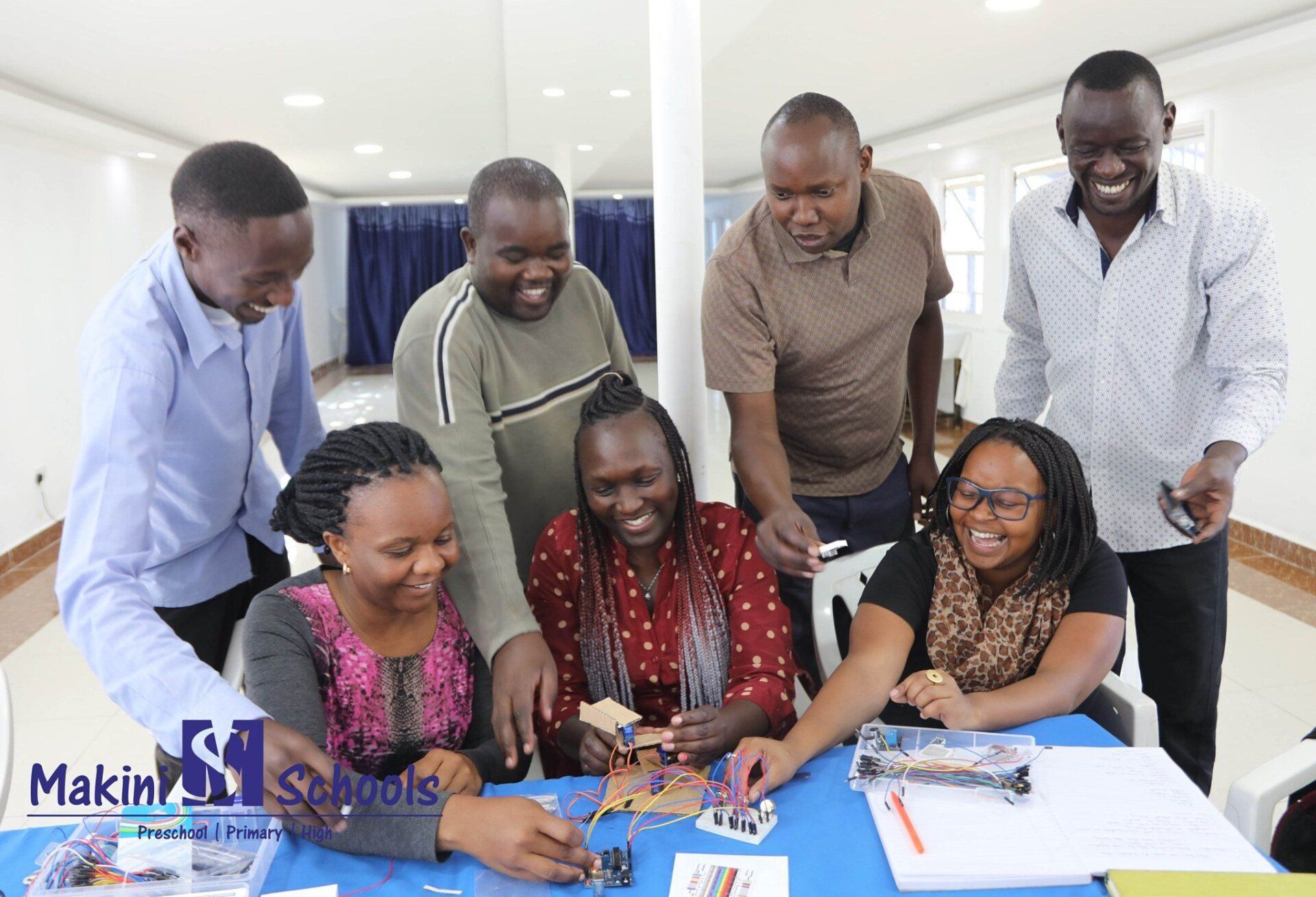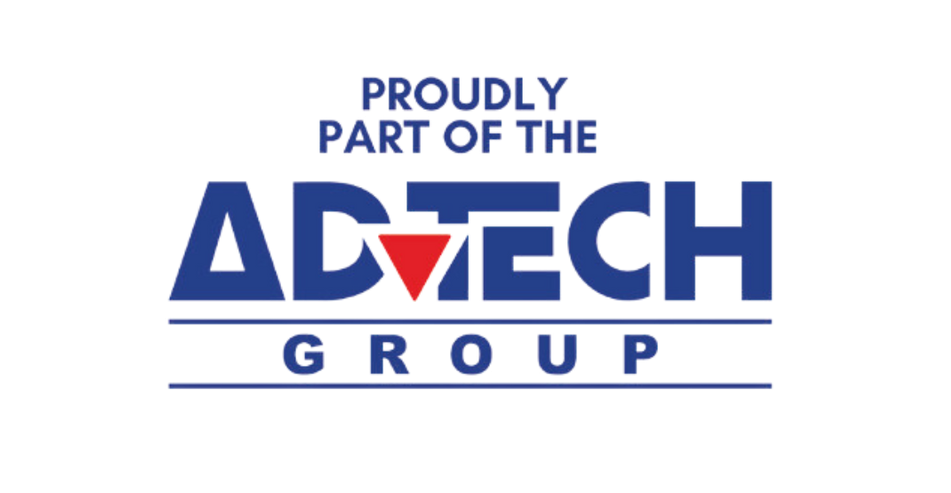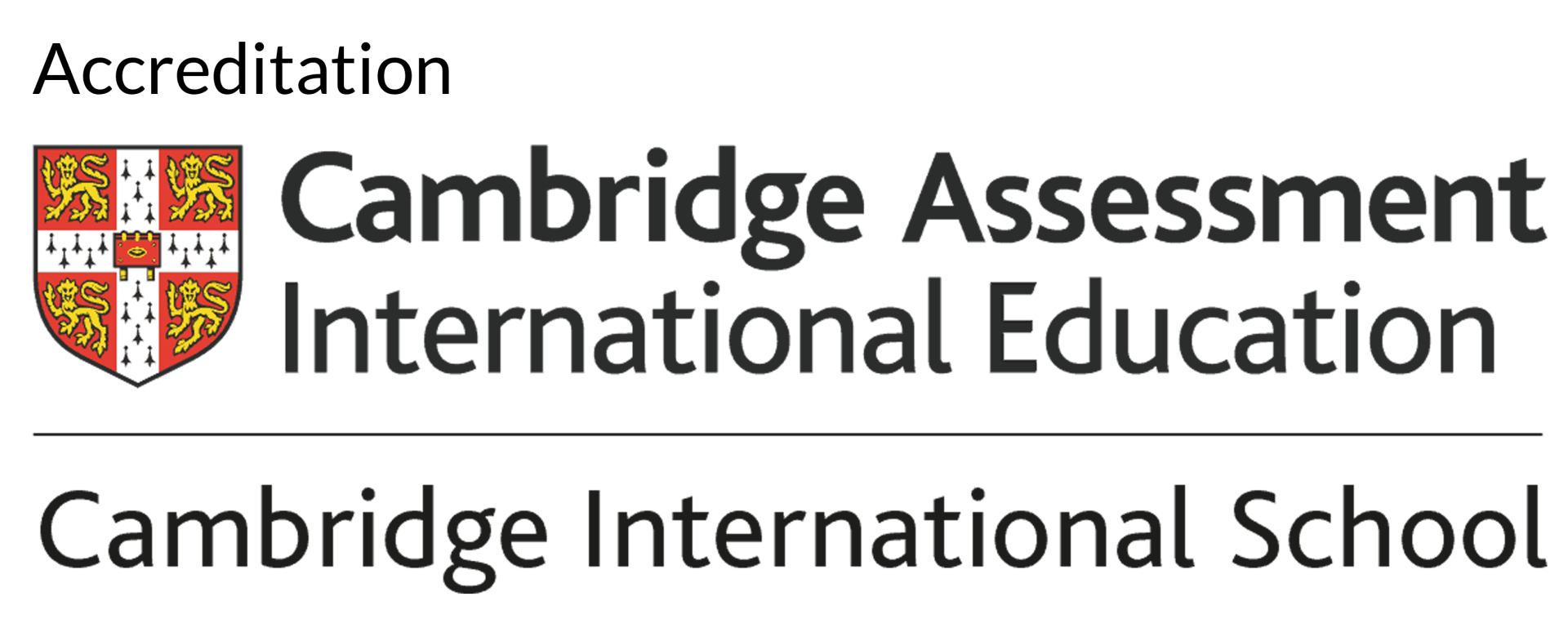10 Reasons Why Early Childhood Development Is Important
How the Early Years Shape Lifelong Learning, Health, and Success
Early childhood development (ECD) plays a vital role in a child’s life. During these important formative years, children not only grow rapidly in a physical sense, but they also grow cognitively, emotionally and socially. Investing in early childhood development provides children with the necessary skills and foundations that enable them to lead successful and healthy lives. There are numerous benefits of early childhood education. These extend beyond just the individual child. They impact positively on families, communities and society.
Cognitive Development
1. Foundation for Learning
Early childhood development lays the groundwork for lifelong learning. This critical part of life is essential to academic and professional success because it introduces children to literacy, numeracy and problem-solving skills from a very young age. When children are exposed to a structured educational environment, the impact of early learning is extensive. Not only do these children build stronger language skills, but their reasoning skills are also developed.
2. Enhanced Brain Development
Neural connections form at an incredibly high rate during a child’s early years. A stimulating and nurturing environment that is filled with rich interactions, reading and exploratory play strengthens cognitive abilities as the brain grows. Children who enjoy high-quality childhood development programmes have better memories, longer attention spans and heightened critical thinking skills.
Educational Advancements
3. Better Academic Performance
Research has shown that children who attend preschool and other formal early childhood education facilities tend to perform better in primary and secondary school. Their problem-solving skills, reading abilities and mathematical reasoning are higher than children who didn’t receive an early childhood education.
4. Higher Educational Attainment
The importance of preschool education cannot be overstated as it extends to long-term academic success. Children who receive an early childhood education are generally more likely to complete their high school studies and go onto further education. This results in more career opportunities and financial stability later in life.
Social and Emotional Benefits
5. Improved Social Skills
One of the many advantages of early years education is that children develop essential social skills. They learn to communicate, work together in a team and resolve conflicts. This fosters adaptability, empathy and collaboration.
6. Emotional Regulation
Managing emotions is an incredibly important life skill and early childhood development programmes teach children how to do that. From self-awareness to patience and coping mechanisms, these skills help reduce stress, increase self-confidence and enjoy healthy relationships all through their lives.
Health and Well-being
7. Long-term Health Outcomes
Early childhood development programmes often include proper nutrition, healthcare and physical activity. This holistic development ensures that children are less likely to experience chronic illnesses like heart disease and obesity. Over and above this, these programmes have been linked to better mental health in adulthood.
8. Reduced Behavioral Problems
Children who join schools from an early age tend to show fewer behavioural issues. They are less likely to take part in activities like substance abuse or behave violently. The reason for this is simple – structured learning environments focus on discipline, problem-solving skills and being stable on an emotional level.
Economic Benefits
9. Economic Productivity
For communities to have strong workforces, it is essential to invest in early childhood education. For children to be productive adults, who earn well, they need a foundation of early education. When this is possible, the economy is boosted and societies depend less on social welfare.
10. Lower Social Costs
Early childhood development outcomes include better education, lower crime rates and social costs on healthcare and law enforcement. These benefits make early childhood development a cost-effective strategy for communities as they improve the well-being of the whole society.
The benefits of early childhood education are vast. From cognitive and emotional growth to economic and health advantages, early childhood development is one of the most important investments in a child’s life. Parents, educators and policymakers are encouraged to together to ensure access to high-quality early childhood education programs. At Makini School, we support this invaluable learning chapter as we understand that when children thrive, society flourishes. If you’d like to find out more about our school and curriculum, you can find more information here.
FAQs
1. At what age should early childhood development programmes start?
ECD programmes typically begin at birth and continue until around the age of eight The most critical period is before the age of five.
2. Are there differences in the impact of ECD based on socioeconomic status?
Yes, children from disadvantaged backgrounds benefit significantly from ECD programmes, as they provide access to learning resources, nutrition and social support that may not be available at home.
3. How do early childhood education programmes differ globally?
Programmes vary by country in terms of curriculum, funding, and accessibility. However, the underlying principles of cognitive, emotional, and social development remain consistent.
4. What roles do parents and caregivers play in early childhood development?
Parents and caregivers are the first educators in a child's life. Engaging in storytelling, interactive play and positive reinforcement significantly enhances early childhood development outcomes.
5. How can communities support early childhood development?
Communities can support ECD by advocating for policy changes, funding preschool programmes, and creating safe, enriching environments for young children to learn and grow.













